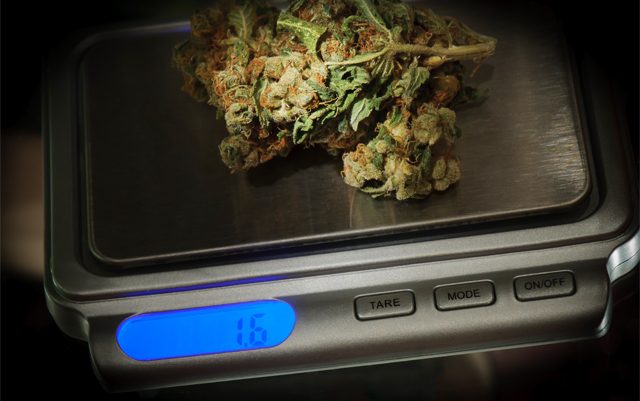Earlier this year Kevin Pope, a science teacher at the John V. Lindsay Wildcat Academy in Hunts Point, New York, canvassed students at the school in search of a drug dealer. If anyone knows drug dealers it’s students, so Pope was soon put in touch with a teenager at the school who promised Pope he could score a large amount of marijuana from a connect in Manhattan.
According to The New York Post, Pope gave the teen $4,000 to get the weed. When the teen met his contact in Central Park, the contact wanted $7,000 for the amount of weed requested. The teen then decided to keep the $4,000 and spend it on himself, likely assuming a teacher wouldn’t exact retribution out of fear of being caught trying to buy $4,000 worth of marijuana. That was the wrong assumption.
About 3 months later, when the new school year started, Pope caught up with the teen and gave him a beat down, allegedly punching him in the face and stealing his iPhone 6, a gold chain and his wallet. But Pope still wanted his money as well, apparently telling the teen he would “have him beat up again and have his mother sexually assaulted.”
When the government prohibits a product, it makes the banned product more valuable than it would otherwise be. Truly bad decisions were made all around here, but it’s worth pointing out that if not for the prohibition of cannabis, nothing in this story would have happened. The teacher would have bought weed legally and the student wouldn’t have got the snot beat out of him for stealing $4,000 and he wouldn’t have been robbed and threatened.
This is what pro-legalization activists mean when they talk about “unintended consequences” and “perverse incentives.” Prohibition doesn’t result in its stated goal: reducing use of the banned substance. It simply moves the substance to the black market where disputes aren’t settled by court; they are settled by violence.
Of course, some could say that prohibition worked in this case; after all, the teacher didn’t get his marijuana. But a teenager got beat up and robbed, so I’m not sure the trade-off is worthwhile; some may disagree, but none can doubt that prohibition incentivizes violence as a remedy of disputes.
The teacher was arrested and will undoubtedly lose his job; you can’t beat and rob students, regardless of the reason. But it’s hard to justify a system that gave him every reason to do just that.






